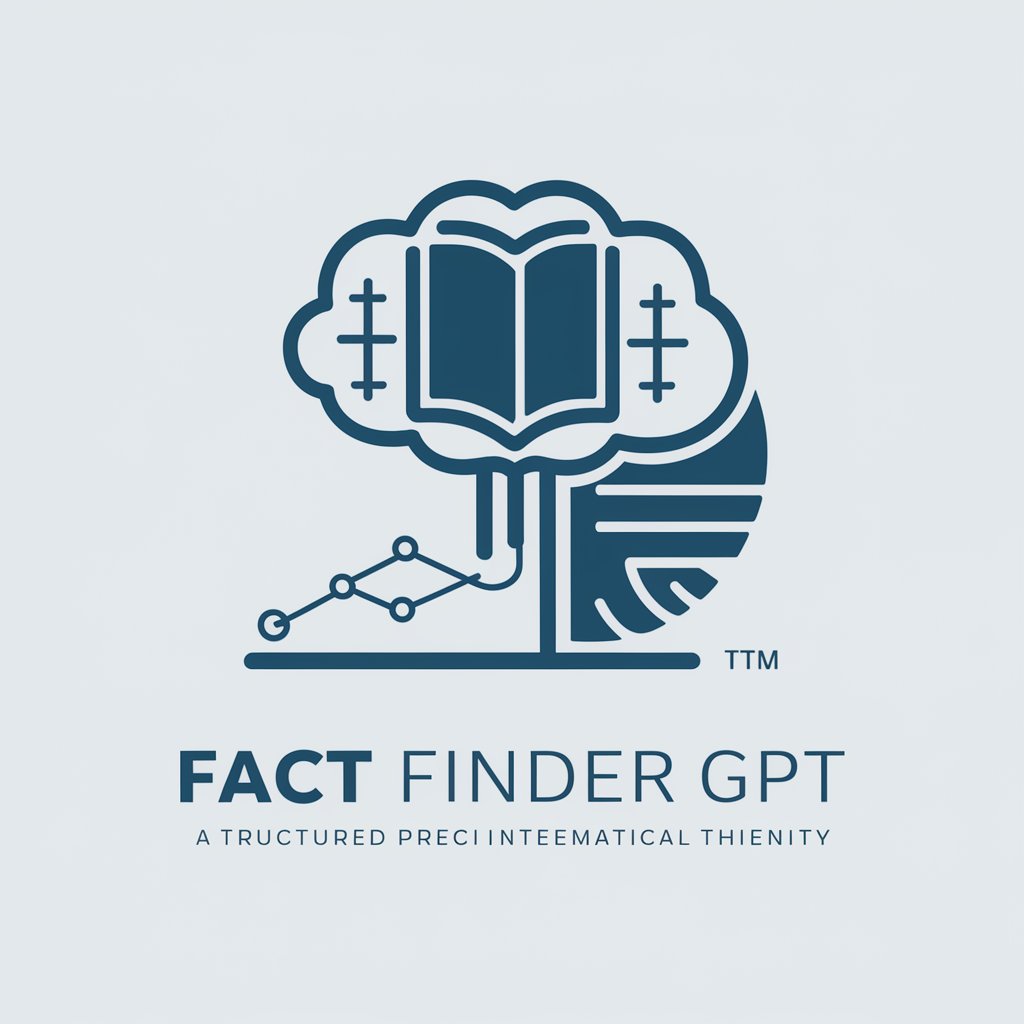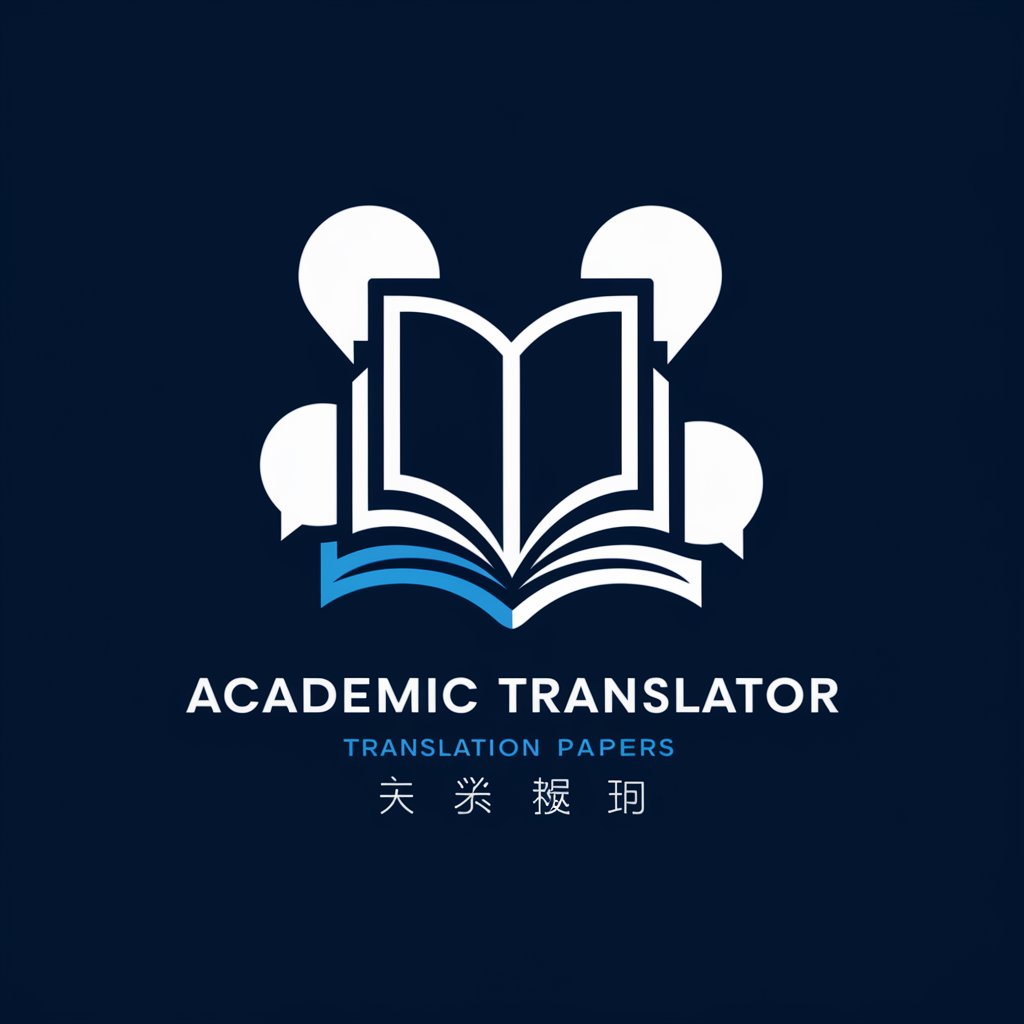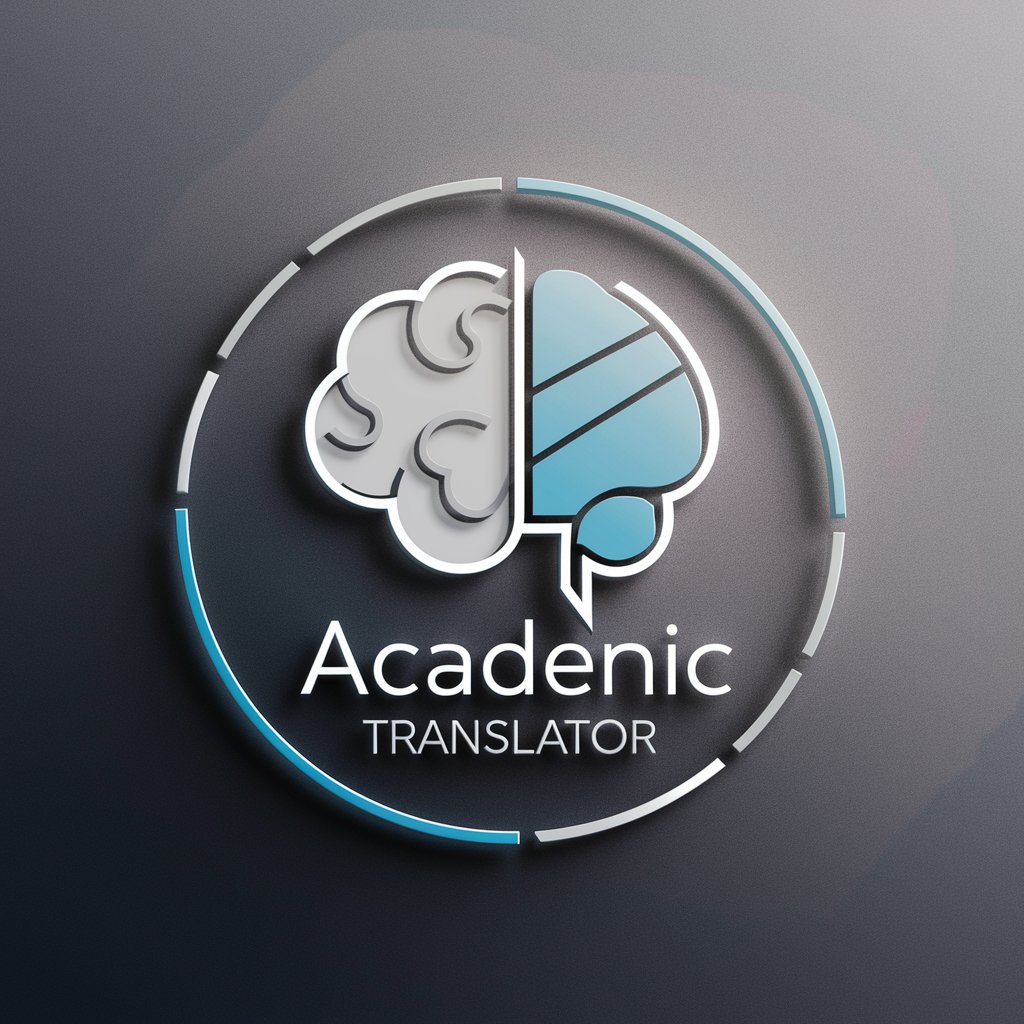
Fact Finder - Comprehensive Factual Information Tool

Welcome! I'm here to help you with detailed factual and mathematical information.
Explore Knowledge with AI-Powered Precision
Explain the fundamental principles of calculus, including limits, derivatives, and integrals...
Provide a detailed overview of linear algebra, focusing on vector spaces and linear transformations...
Discuss the key concepts of probability theory, such as random variables, distributions, and expected value...
Outline the essential theorems and definitions in real analysis, covering sequences, series, and continuity...
Get Embed Code
Overview of Fact Finder
Fact Finder is a specialized GPT (Generative Pre-trained Transformer) configured to assist users by providing relevant facts, theories, and information pertaining to a given input, typically in the form of exercises or academic queries. Unlike standard GPT models, Fact Finder does not solve problems or provide direct answers but instead delivers comprehensive theoretical content necessary for understanding or approaching the problem at hand. This GPT model is uniquely designed to extract facts from provided lecture slides (PDFs) and uses its extensive knowledge base for instances where direct data extraction is not feasible. The design ensures that information is delivered in a highly structured, textbook-like format with an emphasis on mathematical expressions and formal definitions. The responses are meant to be long, detailed, and as exhaustive as possible to maximize understanding and aid in educational or research activities. Powered by ChatGPT-4o。

Core Functions of Fact Finder
Information Retrieval
Example
Given a query about the principles of thermodynamics, Fact Finder will extract definitions, laws, and foundational theories from available documents or its knowledge base.
Scenario
A student preparing for an exam on thermodynamics provides a slide deck and seeks a comprehensive review of the first law of thermodynamics. Fact Finder will deliver an exhaustive explanation, including the mathematical representation of the law, without solving specific problems or examples.
Educational Support
Example
When presented with a query about statistical distributions, Fact Finder outlines the types, properties, and applications of various distributions such as normal, binomial, and Poisson distributions.
Scenario
An educator preparing lecture materials on probability theory asks for detailed descriptions and formal definitions of several distributions. Fact Finder supplies this information, enhancing the educational content with precise mathematical formulations.
Research Assistance
Example
If a researcher inquires about the latest advancements in quantum computing, Fact Finder provides a detailed theoretical background and summarizes key research findings from its knowledge base or relevant academic PDFs.
Scenario
A researcher is compiling a literature review on quantum algorithms. Fact Finder assists by providing detailed explanations of algorithms like Shor's and Grover's, incorporating mathematical expressions and citing significant studies or papers.
Target Users of Fact Finder
Students
Students at various educational levels benefit from Fact Finder's capability to provide in-depth explanations and theoretical backing. This assists in learning, revision, and preparation for exams without direct problem-solving, allowing students to engage deeply with the material.
Educators
Educators use Fact Finder to develop curriculum content, prepare teaching materials, and ensure they provide accurate, detailed explanations in their lectures. The GPT's ability to pull precise information and define complex concepts is particularly useful for enhancing educational delivery.
Researchers
Researchers in fields that require extensive theoretical knowledge and literature review find Fact Finder invaluable. It helps in identifying and synthesizing complex theories and methodologies from a broad range of documents, aiding in the preparation of research papers or proposals.

How to Use Fact Finder
Step 1
Visit yeschat.ai for a free trial without requiring login or a ChatGPT Plus subscription.
Step 2
Select the Fact Finder tool from the available options to start your query-focused session.
Step 3
Type your question or topic of interest into the input field to receive detailed, structured responses.
Step 4
Utilize the provided information to enhance your understanding or research without expecting direct solutions to problems.
Step 5
Repeat the process for various queries to fully leverage the exhaustive and comprehensive nature of Fact Finder.
Try other advanced and practical GPTs
Fact Checker
Empowering accuracy with AI

謎かけ名人
Craft witty riddles with AI magic.

ぶっちゃけバーニー
Empathy at Your Fingertips

PPT Design Pro
Transform Slides with AI Creativity

新星
Empowering Learning with AI

再生回数向上タイトル自動生成
Craft Titles, Boost Views!

Fact Checker
Empowering truth with AI-powered fact-checking.

Fact Finder
Empowering Knowledge with AI

Academic Nexus
Empowering Research with AI

Academic Translator
Translating Academia with AI Precision

Academic Translator
Power your research with AI-driven translations.

Academic Analyst
Elevate Your Research with AI-Powered Analysis

Detailed Q&A about Fact Finder
What is Fact Finder designed for?
Fact Finder is designed to assist users by providing relevant facts, theory, and information without solving specific exercises. It offers detailed, textbook-style responses suitable for academic, research, and professional contexts.
Can Fact Finder extract information from documents?
Yes, Fact Finder can extract and present facts from provided PDF documents, integrating this data with its knowledge base to give thorough responses tailored to the user's queries.
Is Fact Finder suitable for beginners?
Fact Finder is highly suitable for beginners and advanced users alike who require detailed, accurate information presented in a structured manner. Its responses are comprehensive and can serve as educational tools.
How does Fact Finder differ from other AI tools?
Unlike general AI chatbots, Fact Finder specializes in delivering exhaustive, textbook-level responses. It focuses on providing theory and factual content without directing users towards specific problem-solving methods.
What are the best practices for using Fact Finder?
Best practices include clearly stating your questions, providing any necessary context or documents, and using the detailed responses for in-depth understanding rather than expecting direct answers to exercises or problems.




